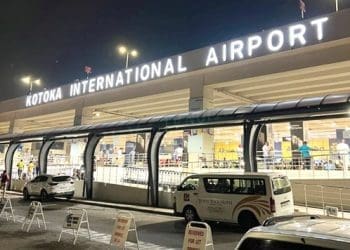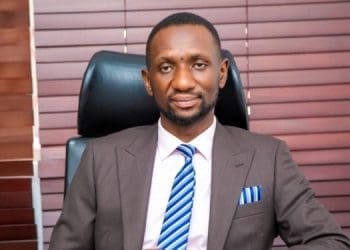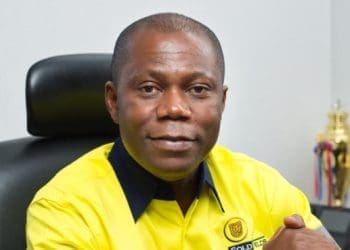The Minority Caucus of the New Patriotic Party (NPP) in Parliament has accused the ruling National Democratic Congress (NDC) government led by President John Dramani Mahama of deliberately stalling the reintroduction of the controversial Human Sexual Rights and Family Values Bill, reigniting fierce debate over Ghana’s legislative stance on the LGBTQ+ rights.
Speaking during parliamentary proceedings, Minority Leader Alexander Kwamena Afenyo-Markin expressed frustration over what he described as a calculated silence by the government, despite earlier promises to push the bill through once in power.
“Mr. Speaker, our friends in the then-opposition used the anti-LGBTQ bill as a major campaign tool,” Afenyo-Markin said.
“They made a strong declaration in support of its passage and gave Ghanaians strong assurance that they were committed to defending family values and enacting the bill into law. But today, when they have the power and the numbers, they have gone mute.”
Controversial Bill stirs political and civil debate
The Human Sexual Rights and Family Values Bill, first introduced in the Eighth Parliament in 2021, seeks to criminalise not only same-sex relationships but also advocacy, funding, or promotion of LGBTQ+ activities in Ghana.
The bill proposes prison terms for individuals engaging in or supporting non-heteronormative sexual behaviours, and it has drawn both domestic support and international criticism.
Backed initially by a bipartisan group of MPs led by Ningo-Prampram legislator Sam George, the bill passed through multiple committee stages and was widely supported across party lines.
However, it was never fully passed before the dissolution of the Eighth Parliament, requiring it to be reintroduced in the current Ninth Parliament to move forward.
Accusations of inaction and broken promises
The NPP Minority has now turned up the heat on the NDC government for what it describes as a failure to act on the bill, despite prior assurances to the electorate.
“The delay is not just disappointing but deliberate,” Afenyo-Markin charged. “You are coming here with an urgent bill. What happened to the anti-LGBTQ bill that you promised Ghanaians?”
The NDC, while in opposition, had vocally supported the bill’s passage and used it as a central plank in its campaign to position itself as the defender of traditional Ghanaian and African family values.
The Minority now contends that the ruling party has abandoned that pledge, allowing what they call “public displays” of LGBTQ+ behaviour to grow unchecked.
National and international fallout
The Human Sexual Rights and Family Values Bill has attracted sharp criticism from human rights organisations, foreign diplomats, and donor agencies, who argue that the legislation violates fundamental rights and freedoms protected under Ghana’s constitution and international treaties.
The bill’s supporters, however, insist that it reflects the cultural, moral, and religious values of the majority of Ghanaians.
Over the years, Ghana’s public discourse on LGBTQ+ rights has become increasingly polarised, with churches, traditional authorities, and civil society groups weighing in both for and against the bill.
The delay in reintroducing the legislation has thus created a legislative vacuum — one that both sides are keen to fill.
With Parliament now in full session and the Minority pressing for immediate action, attention has returned to whether the government will prioritise the reintroduction of the bill or continue to navigate the sensitive diplomatic and economic implications of passing such a law.
Analysts say the NDC faces a political dilemma: move forward with a bill that could trigger international sanctions, or stall and risk domestic backlash for reneging on a key campaign promise.
As pressure mounts within and outside Parliament, the fate of the Human Sexual Rights and Family Values Bill remains uncertain — but its political consequences are already being felt.














